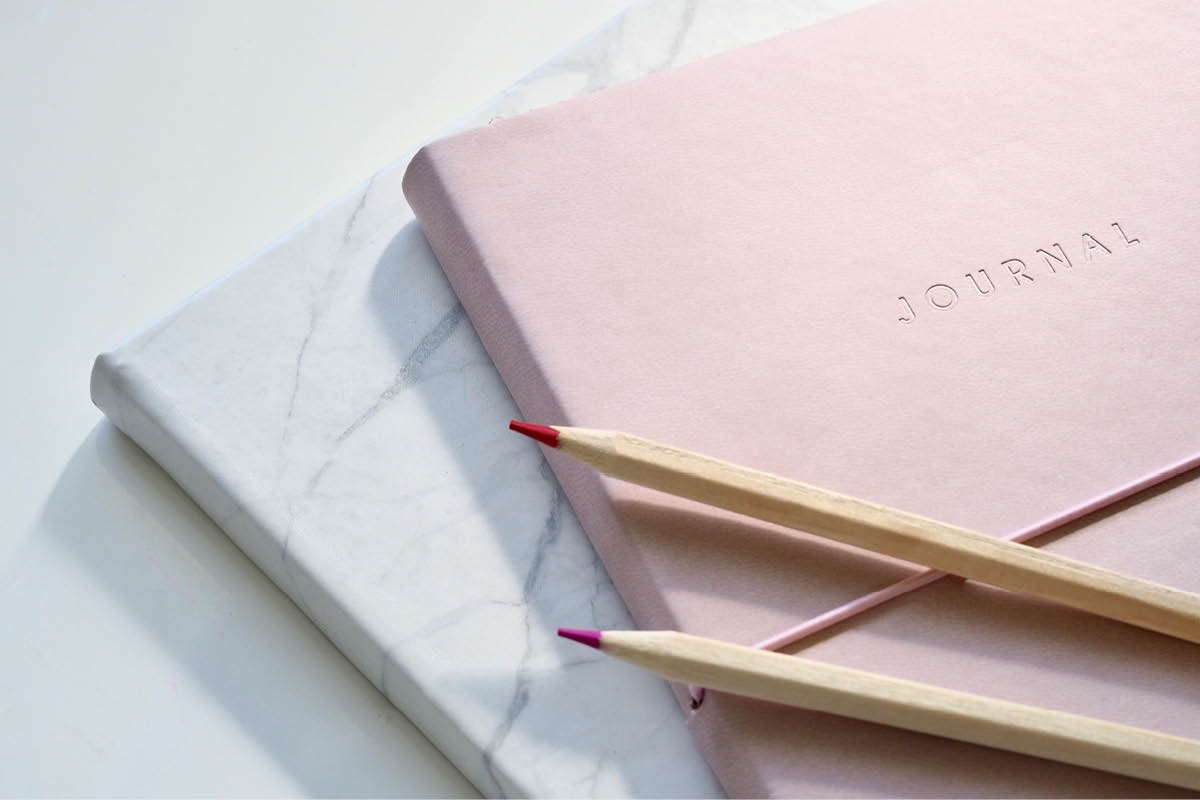
The Editing Company
Toronto, Ontario
RECENT POSTS
TEC Blog
Categories
Show All- Editing
- Grammar
- Usage
- Style
- Editor/writer
- Publishing
- Business
- Writing
- Writers support group
- Event
- Proofreading
- Copyright and permissions
- Usage
- Book reviews
- Editing new media
- Technology
- Books & libraries
- Ttc stories
- Editing & marketing
- Office happenings
- Social media & community
- Language & editing
- Social media
- Editing & marketing
- Indexing
- Book design
- Tec clients
- Guest blogger
- Creative women doing sixty
- Book clubs
- Books and reading
- Ebook technology & services
- Editing numbers
- Editing & technologies
- Opera, movies
On Dramaturgy, Substantive Editing’s Theatrical Cousin
by Michael Bedord, TEC Freelance Blogger
Published at 2018-04-16
dramaturgy n. 1 the art of theatrical production; the theory of dramatics. 2 the application of this. dramaturgical adj.
~Paperback Oxford Canadian Dictionary: Second Edition
Editors are the unsung heroes of the publishing industry, reading and re-reading tirelessly in an effort to improve others' writing. In the case of substantive editing, a book editor might spend years working with an author, and, though they receive a salary and sometimes a published credit, editors' sometimes massive contributions tend to go unnoticed by readers.
Writing for the stage involves a similar division of labour. Playwrights tend to get all the—minimal—glory, but behind just about every good playwright is a dramaturg who critiques that playwright's work in an effort to improve it. Thematic elements are woven in or excised, jokes are scrutinized, pacing is tightened, and narrative elements are examined. After an indefinite amount of time, the augmented writing is ready for workshopping, then production and sometimes publication.
The Shape of Things to Come
Dramaturgical work takes different forms depending on the type of theatrical production to which it's applied. For a largely movement-based play, in which actors use their bodies in different poses to express a variety of emotions and themes, dramaturgical work could include the scrutiny of a choreographer or dancer. Much like the editorial tradition of reviewing something with more than one set of eyes, even though the author of any piece of theatre might be the most familiar with it and the themes that comprise it, a second opinion from a trusted colleague is invaluable.
Famous Dramaturgs?
Unlike most book editors, such as Maxwell Perkins or Robert Gottlieb, who usually focus on editing, dramaturgs are for the most part playwrights themselves. It's common for playwrights to develop close working relationships that lead to a reciprocal dramaturgical relationship, each taking time to review and critique the other's work as ideas present themselves.
Real-life Dramaturgy at Work
For my part and as strange as it may sound, I've been working on an absurdist puppet comedy for the past decade or so. I started developing my idea so that I could submit something to a playwriting circle, and have been putting it through the dramaturgical wringer ever since. My primary dramaturg throughout the process has been a colleague I met in university, Maya Rabinovitch.
When called upon, I've performed in her productions and offered my humble opinions in the interest of improving her work. Because of my respect for her work and because of the creative and professional bond we shared during our work together in her productions, Maya was an obvious candidate to help me improve my work, and she has ... for years.
The Editorial Dramaturgical Process Continues
Unfortunately for me, Maya followed the siren call of the west and moved to California recently, so I've been following other avenues in hopes of someday having my masterwork produced. Recently, another colleague from university took up the dramaturgical reins and organized some local actors to do a table reading. But, just because dramaturgy for my play doesn't involve Maya at this stage, it doesn't mean I won't call upon her again. A dramaturg's work is never done.
In that vein, I decided to brook the three-hour time difference that separates us and call upon her to answer a few questions about dramaturgy in general and about her specific dramaturgical process. I hope she doesn't identify my play as the most difficult piece of theatre she's ever worked on ...
Beyond the basic definition of the word, what is dramaturgy to you?
For me, dramaturgy is the process of standing outside a project, and helping other “insiders” do that too in order to, well, make it better. My role as a dramaturg is to lead a playwright or director into seeing the big picture, the connections, the holes, etc. Through my work with a playwright, say, I’ll ask key questions, develop exercises, and bring helpful materials as part of this process. I love dramaturgy exercises. Of course, if there’s a specific concept I want a playwright to see, my questions or exercises might be more focused. I feel like I’m doing my job well if I can avoid telling the playwright the answers I'm looking for, but still get the answers I want from them.
What do you view as the most important aspect of dramaturgy?
The most import aspect of dramaturgy, to me, is the ability to get in the artist’s mind. I disagree that the ‘turg should be a second eye—the dramaturg isn’t the playwright. The dramaturg’s ability to get inside the objective and values of the playwright is essential. The goal is to facilitate the playwright in getting where they want, and need, to be to improve their work.
In terms of your process, are there any tactics you employ to help make your point to a playwright who just isn't getting it?
As I mentioned earlier, I love dramaturgy exercises because they help with exactly this issue. Getting the playwright to step outside of the writing process, using their creativity in a new way, can help reveal a new perspective or concept that we weren’t getting at through discussion. These kinds of activities could involve writing a story, doing a free writing exercise, doing a research project, role playing, or doing any number of other things. The activity really depends on the play.
What was the most difficult piece of theatre you worked on?
I would say the biggest dramaturgical challenge I’ve run into was when I worked on a cabaret puppet show. I’ve worked on so many more puppet shows than I ever thought I would…
Why was it difficult?
Puppets are always a challenge because you also have the puppeteers—whose story is it and why? But the really difficult part was the cabaret element. Trying to tie together the concept of the play within the play within the cabaret was difficult—what were the puppets doing, who was the central character, what were they trying to do? And as a dramaturg, I sometimes don’t know where to draw the line, when to say, “this doesn’t fit and I don’t care about this section.” It was a challenge, but it worked out well in the end.
Have there ever been times when you felt that you couldn't work with a playwright or, vice versa, that you couldn't work with a dramaturg?
Yes. Both. For me, I need to work with a playwright who’s willing to play the game. A playwright needs to be open to the conversation and the work. I began working with a playwright who, it turned out, only needed me because his company members told him they wouldn’t put on the play unless he did ... because it was bad. He didn’t believe any work needed to be done and never let down that wall. It was a waste of time.
And vice versa, as a playwright, I began working on a play in 2009 about shame, denial and bed bugs. I was about one draft in when I met with a skilful dramaturg who uncovered, in a matter of minutes, the deep personal emotions that were sitting at the root of the play. The dramaturg did what he was supposed to do there, but I couldn’t handle it. I guess I wasn’t ready to play the game.
What was the most rewarding play you worked on as a dramaturg, and why was it so?
Your play, of course! [Aw, shucks!] But seriously, working on your play has been one of the more rewarding projects because it involves so much outside-the-box thinking from me. With all the incorporated philosophies, counter-intuitive behaviours and plays within plays, there was so much concept and world-building we needed to do. I love sinking my dramaturgical teeth into foreign or non-linear formats, where I really need to get in the mud along with the playwright in order to get him or her out.
Do you generally receive a credit for your dramaturgical work?
Sometimes but not often when it gets produced. Working in new play development is a funny thing regarding credit. Often, plays I’ve worked on have moved on to new phases of development and production. If I’m tied to a production and not specifically a play, I don’t expect to be credited after the production is over. In those cases, a simple “thank you” is nice.
If I’m tied to a play as opposed to a specific production, it’s probably because I was involved in its original development and not necessarily any productions. Productions might also involve a production dramaturg. In those cases, it’s nice to be acknowledged for the work, but it doesn’t always happen.
Not to unduly reinforce my message at the beginning of this post, but do you find points of commonality between dramaturgs and substantive book editors? If so, what do you think these commonalities are?
Of course! Playwrights and writers often can’t see the strategic and involved work that goes into a process like this. In both cases, the goal is to get inside the mind of the specific writer to move the work to the next level. While not the author or playwright, the editor or dramaturg has to understand the objective of the artist and get him or her to the finish line. In both cases it takes full commitment, patience, and strategy. The editor or dramaturg isn’t focused on seeing his or her name in lights. It’s the love of the work that is essential for these roles. And that’s why both can, sometimes, lead to decade-long projects.
Michael Bedford is a freelance editor, copywriter, and performer living in Mount Hope, Ontario. He can be reached at mbedford@editors.ca.




